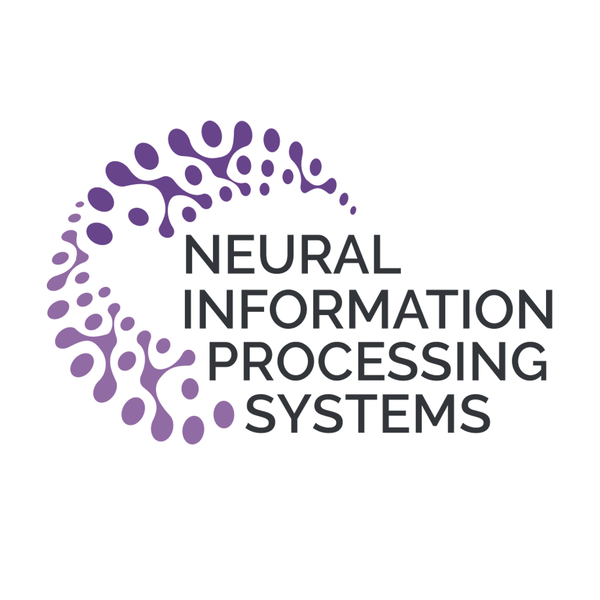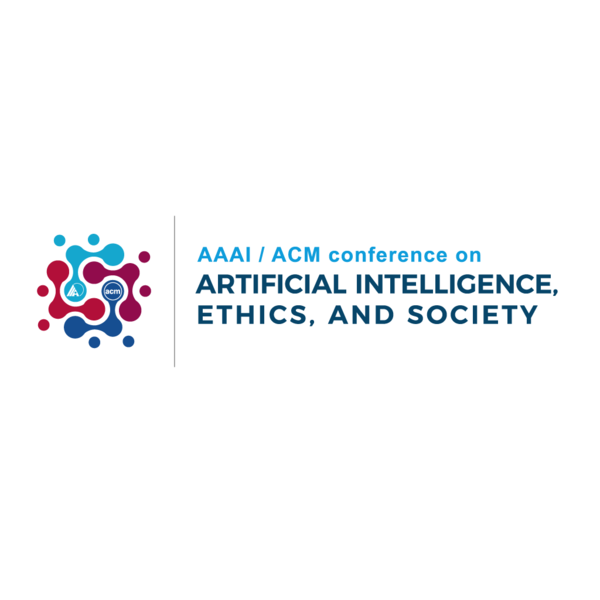IJCAI
August 21 - 26, 2021
IJCAI-21
Masahiro Fujita
Online
Overview
International Joint Conference on Artificial Intelligence (IJCAI) is a non-profit organization founded for scientific and educational purposes. IJCAI conferences present premier international gatherings of AI researchers and practitioners and they were held biennially in odd-numbered years since 1969.
Recruit information
Senior Research Scientist
Robotics
Full Time | Tokyo
Senior Robotics Engineer
Robotics
Full Time | Tokyo
AI Engineer
Machine Learning
Full Time | United States (location flexible)
Project Manager
Management Role
Full Time | Tokyo
Research Scientist for Imaging and Sensing
Computer Vision
Full Time | Location flexible (Tokyo, Zurich, US)
Research Scientist (Computer Vision and Algorithmic Fairness)
Computer Vision, AI Ethics
Full Time | United States (location flexible)
Project Lead – AI Ethics: AI Ethics Office (AEO), Sony Group Corporation
Full Time | Tokyo, Japan
Lead Research Scientist Machine Learning for Gastronomy
Machine Learning
Full Time | Barcelona or Tokyo
Featured Speakers
Masahiro Fujita
Sony AI Inc.
- Areas of Expertise
- VP, Senior Chief Researcher, Sony Group Corporation / Director
Sony believes that AI and Robotics technology can activate and augment human capabilities and abilities. In 1999, Sony introduced AIBO to the consumer market. This was a four-legged autonomous robot with pseudo instincts and emotions that could interact with people like pets. The responses of the non-verbal robot was interpreted by humans with some degrees of freedom and it was this freedom of the interpretation that contributed to the smoothness of the interactions. Then in 2010, Sony developed a robot prototype called Rudy, which focused on more specifically physical interaction between humans and robots This feature was achieved by a special force-controlled actuator (VA) and a method called generalized inverse dynamics (GID) calculation, which enabled Rudy to physically interact with objects and humans in the real world safely. For example, it was able to assist a physically handicapped patient to control Rudy with a simple GUI to fetch a towel on a shelf. This was an example of augmenting human's physical capability. The VA and GID was then also applied for bilateral-controlled manipulator to augment the human hand's skills and capability. Using micro-end effector equipped with dedicated force sensors, we achieved to augment and improve the accuracy of the force sensitivity and position of the human hand by 10 times. Now as we consider the AI and Robotics in the field of Gastronomy, we are exploring the possibilities of augmenting the chef's imagination and creativity for new recipe generation, and the Chef's skills in the actual cooking process. In this talk, I will explain the activation and augmentation of these various human abilities, and the behavior control architecture behind them.

Dr. Uchenna Akujuobi
Sony AI Inc.
- Areas of Expertise
- Research Scientist
Scientific research is led by the hypothesis - the supposition or proposal that forms the basis for further investigation. Traditionally, such hypotheses are formed by the researcher and their team, taking into account vast amounts of previous scientific research. However, this task is becoming more difficult, as the volume of data and research has grown exponentially. We formulate this hypothesis generation problem as a future connectivity prediction in a dynamic attributed graph. The key is to capture the temporal evolution of node-pair (term-pair) relations. We propose an inductive edge (node-pair) embedding method to utilize both the graphical structure and node attribute to encode the temporal node-pair relationship.

Alice Xiang
Sony AI Inc.
- Areas of Expertise
- Senior Research Scientist
This talk will cover some of the steps Sony AI is taking to operationalize AI ethics and some of the key research questions Sony AI will be exploring around fairness, transparency, and accountability. Given that AI ethics is an area with many competing values and the need for highly contextualized solutions, research will play a key role in bridging the gap between the goals of AI ethics and their operationalization. This talk will in particular discuss some of the challenges of addressing both privacy law and technical fairness issues in the computer vision context.

Latest CONFERENCES

NeurIPS 2024
The Thirty-Eighth Annual Conference on Neural Information Processing SystemsThe conference was founded in 1987 and is now a multi-track interdisciplinary annual meeting that includ…

AIES 2024
7th AAAI/ACM Conference on AI, Ethics and SocietyArtificial intelligence (AI) is increasingly pervasive, powerful, and contested. While AI has the potential to empower individuals …

MLCAD 2024
6th ACM/IEEE International Symposium on Machine Learning for CADThe symposium focuses on Machine Learning (ML) for all aspects of CAD and electronic system design. The symposium is…
JOIN US
Shape the Future of AI with Sony AI
We want to hear from those of you who have a strong desire
to shape the future of AI.






